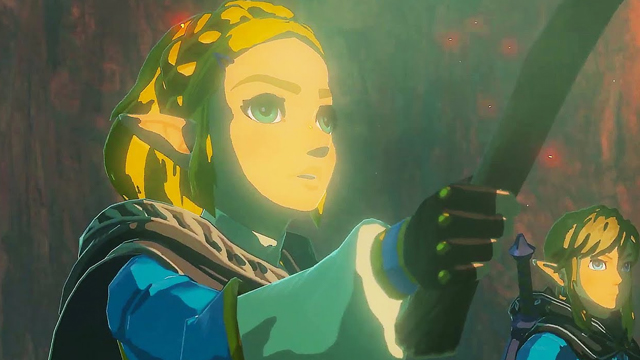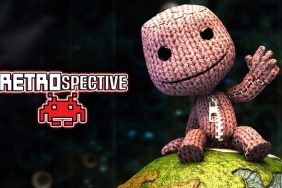The world of gaming 2020 is a rapidly changing one. Both Sony and Microsoft appear to be opening their doors to cross-play and PC ports of their 0nce-hoarded exclusives. Japanese RPGs are finding their way to computers and hidden object games litter console storefronts. The idea of a closed off platform with an exclusive library seems more and more antiquated with every announcement, but there’s one stalwart exception.
Nintendo, a company that has fiercely protected its IP more than anyone, seems destined to continue on making Nintendo Switch exclusives. This will certainly make Nintendo fans happy, but it’s a strategy that could leave the company in the dust even more than usual.
What is Nintendo’s first-party strategy today?
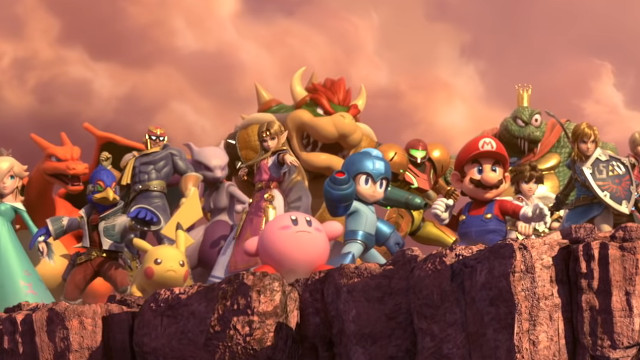
ALSO: Super Nintendo World is missing these classic franchises
When I was growing up, there was always a line about Nintendo machines. The GameCube was the “Smashbox,” a machine you’d find at the local LAN center only because people wanted to play Melee between sessions of Halo multiplayer.
When you were buying a console, you would pick Sony or Microsoft and then consider whether you had enough money to splurge on Mario. It was a secondary console, a bonus platform with killer exclusives. As much as I personally like them, the handle and the Game Boy Player weren’t selling units. Games like Pikmin, Metroid Prime, and Wind Waker were.
Nintendo still operates with this mindset, but its current console doesn’t need any help selling itself. The Switch offers instant versatility by bringing the portability of Game Boy to console-level productions. If Nintendo shut down R&D tomorrow and no first-party games shipped ever again, it could likely still move units simply due to how engaging it is to play DOOM and Skyrim on your commute.
Of course, Nintendo still makes amazing games, arguably better than they’ve been in decades. However, they live on a device that doesn’t meet modern hardware standards. The problem ever increases as we reach the holiday season, the premiere of big new machines from the other two console makers. A Switch Pro will likely help, but it doesn’t solve the underlying dilemma.
Can Switch games run well on PC and mobile?
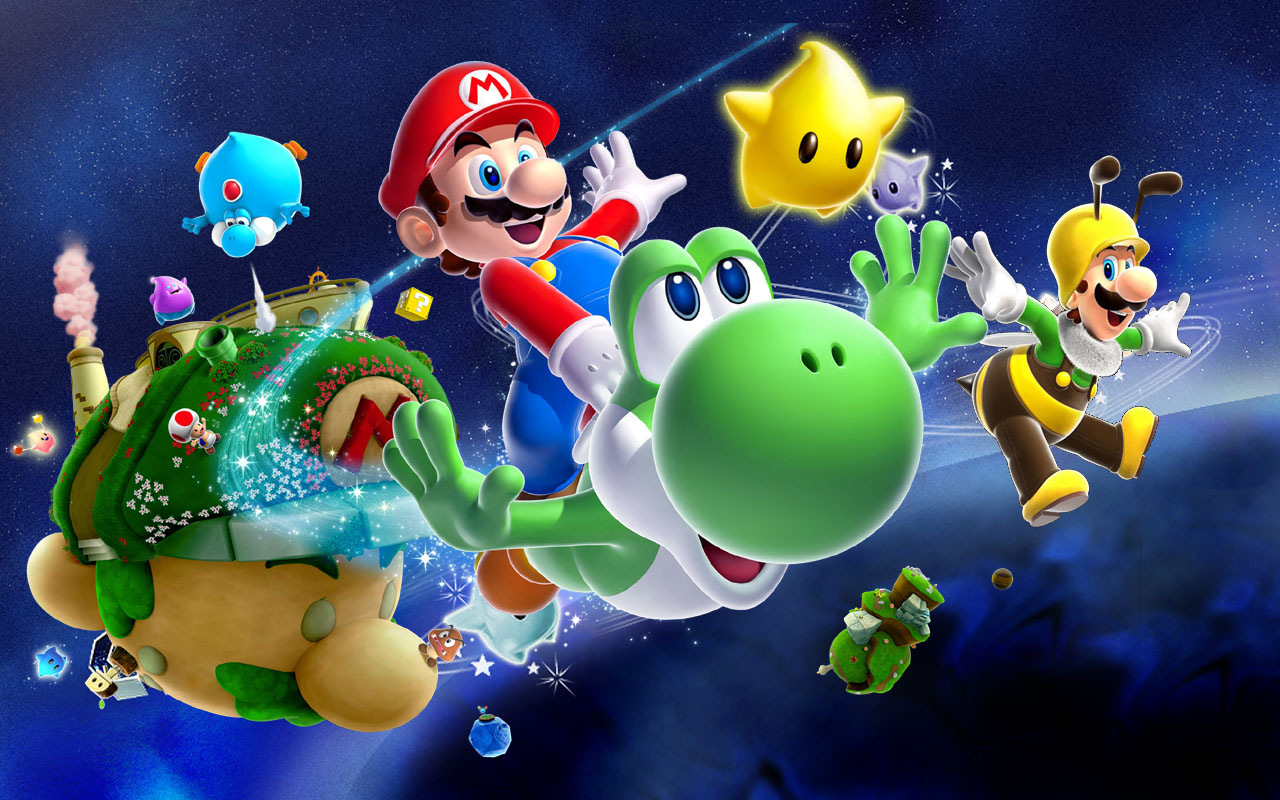
You may think that Nintendo games look as good as they can on the Switch. It would make sense that a game designed for consoles would shine brightest on that console, but that’s just not how things work.
We’ve seen Nintendo games come to different platforms in many ways, some official and some not so much. From the performance boost GameCube games see on unofficial PC emulators to Nintendo’s own ports on Android platforms for the Chinese market, we see how a simple upgrade in tech can give these classics a second life. Certain games with motion controls or other oddities would be harder to adapt, but Nintendo has a core stable of games that would function perfectly well with PC and mobile inputs.
Now, am I saying that Nintendo would see no drop in Switch sales due to moves like this? Of course not. There are people who would forgo Nintendo’s own hardware and play Breath of the Wild and Mario Odyssey right alongside Fortnite on their home rigs. However, because of that portability advantage, Nintendo has a leg up on its competitors when it comes to hardware.
There’s isn’t a wide audience who needs to play Halo Infinite on an Xbox and a computer. There is a wide audience who would love to start playing their game at home and take it with them. It’s the whole idea behind mobile gaming efforts like Stadia and Xbox Game Streaming, and Nintendo’s existing hardware keys right into that need.
Can Nintendo Switch games cater to non-traditional players?
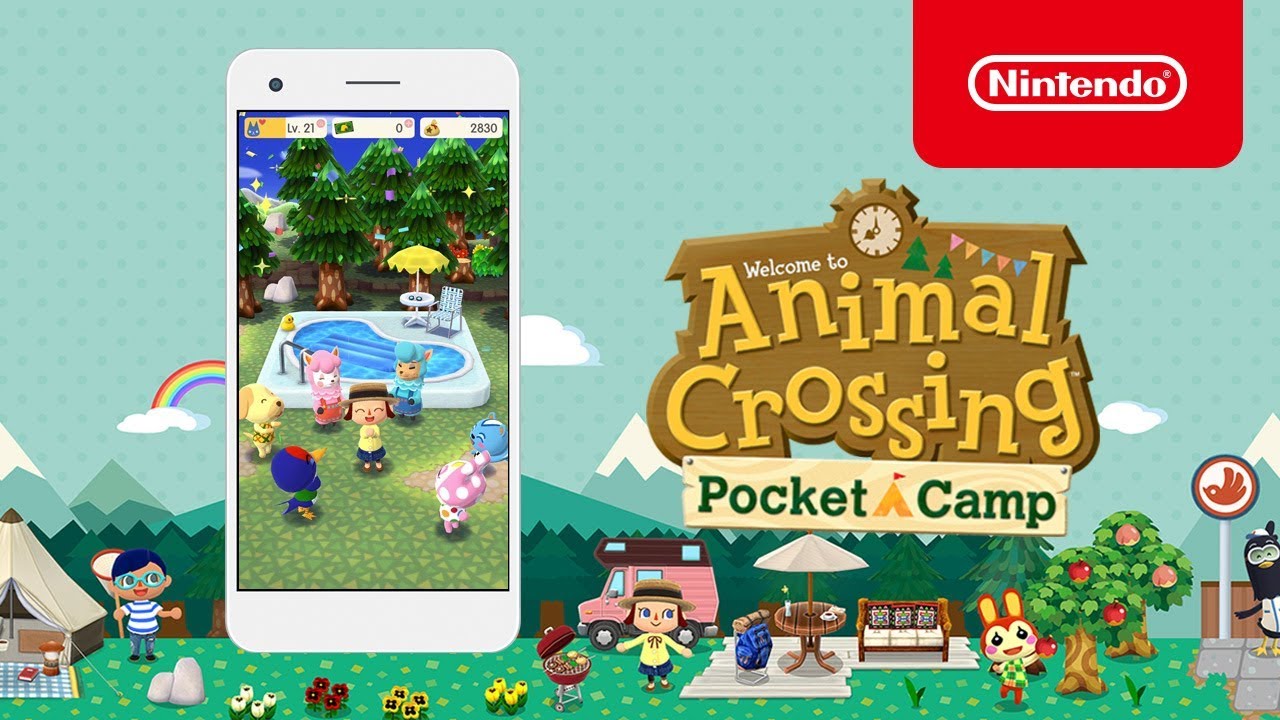
A Nintendo with some Internet savvy (admittedly a tall order, but run with it) could set up a cloud save that bounces between a theoretical PC release of a Nintendo game and the Switch. The handheld would fill the role of a cell phone in this scenario and provide the added benefit of TV play.
Buying the game on both platforms (or taking advantage of some cross-buy magic if we’re really dreaming) could provide players with access on every screen in their home and put Nintendo right in the running for gaming’s next big land grab. All the company has to do is sacrifice some short term benefits and they’re suddenly on the cutting edge for the first time in a long time.
Plus, there are undoubtedly players out there who will never buy a gaming console. They have a cellphone, a fancy TV and maybe a laptop, and they’re set. Microsoft and Google are betting heavily on that type of person having an interest in playing something other than Clash of Clans, and I have a hunch they’re onto something.
If they succeed, it opens up video games to scores of new customers, and the Nintendo of today can only reach them through their current mobile slate. Titles like Super Mario Run and Animal Crossing: Pocket Camp may familiarize players with Nintendo brands, but they’re not up to the quality standards of even the most basic first-party Switch release.
How will Nintendo face an all-digital future?
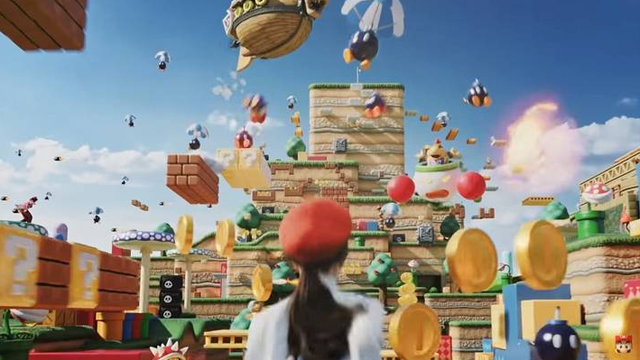
The way I see it, Nintendo’s portfolio could use the variety, especially if they want to remain a vital creative force in gaming. The Switch is doing gangbusters now, but it’s still a console, and there’s no guarantee that this next generation hinges on putting boxes in front of TVs.
On the mobile side, Nintendo has sunk deep into unfortunate moneymaking tactics that trade goodwill and prestige for a quick buck. Otherwise, it’s a merchandising company that sells the many, many Mario toys you see in any department store today. With that and a theme park extension on the way, there’s a risk that Nintendo could become nothing more than an IP holder reselling memories as the industry moves on without them.
I’ve been around long enough to know another old adage about Nintendo. I know that talking about its impending demise is a fool’s errand, and I may well look like a fool on the other side of 2020. However, I contend that an increasingly digital and internet-focused gaming landscape poses the greatest risk to the house of Mario since the rise of the PlayStation.
Nintendo still seems like a wounded company on the rise when it comes to attracting the more traditional market, and another shift towards technologies that it doesn’t specialize in could end it all. Everyone deserves to grow up playing Mario, and I hope the company can continue to provide those new adventures for many generations to come, even if they’re not Nintendo Switch exclusives.
